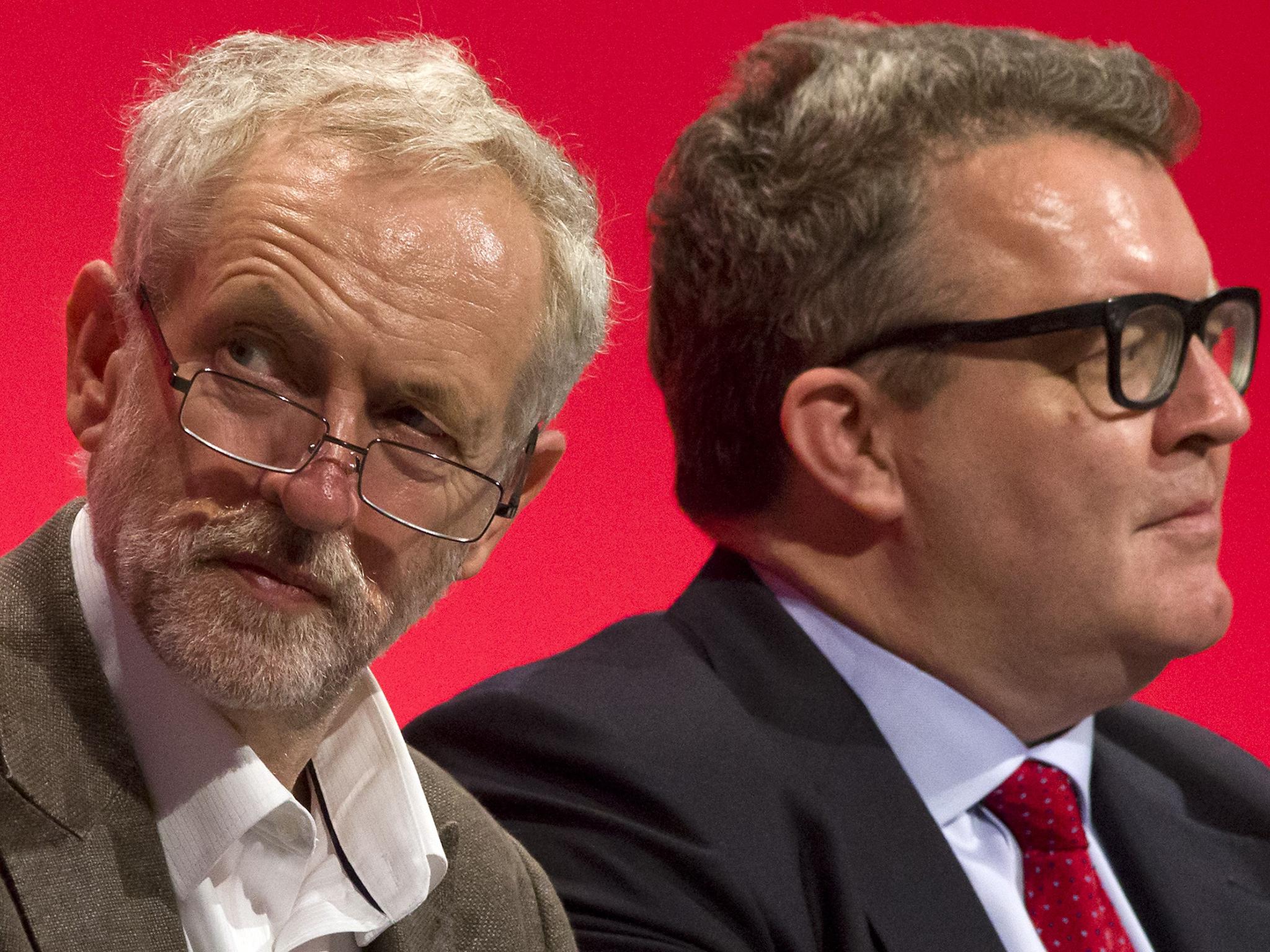As a former policy adviser to Tony Blair and Gordon Brown, this is what I think the Labour Party should do next
After nearly a hundred and twenty years of existence, the writing's on the wall for the British Labour Party. They could be facing permanent irrelevance

The Shadow Cabinet putsch engulfing Jeremy Corbyn this weekend is a “morbid symptom” of the existential crisis destroying the British Labour Party. This is not just about Corbyn’s competence as a potential Prime Minister, but the Labour Party’s future as a contender for power in British politics.
The issue of the UK’s membership of the European Union has long divided political parties since the first referendum in 1975. The conventional wisdom among the Westminster establishment was this: Europe would annihilate the Conservative Party in the wake of David Cameron’s catastrophic defeat last Thursday. Certainly, the Tories’ Europe wars are intensifying as Cabinet ministers feverishly plot their “Anyone But Boris” campaign, deciding who should inherit the poisoned chalice of the Conservative leadership.
What is usually ignored, however, is that the issue of Europe exposes a deep divide within the Labour Party.
On one side are those who view Labour as a social democratic party of the liberal centre-left for whom estrangement from Europe is a national catastrophe. This is a broad grouping containing supporters of both former Prime Ministers Tony Blair and Gordon Brown, who disagree on some critical issues (notably how to deal with immigration) but are unified by commitment to an open global economy tempered by government intervention and generous social security.
On the other side are those, like Jeremy Corbyn, who remain committed to their vision of Labour as a socialist party and who are, in reality, relaxed about Britain's imminent EU departure. Indeed, on the morning after the referendum result, it was the Labour leader who called for Article 50 to be invoked immediately, advocating the UK’s fast-track exit from Europe.
However fervently Corbyn and his supporters campaigned for Remain, the fact is that they can envisage a future for socialist politics outside Europe. After all, leaving the Union gives the left more leeway to pursue radical policies such as industrial planning and nationalisation in a “closed” economy. Labour’s leader made no secret of his disdain for the European single market and attendant liberalisation policies during the referendum campaign.
The social democratic wing of Labour, in contrast, cannot easily reconcile itself with Britain having a non-European future. The so-called “moderates” in the party will, of course, have to accept the will of the British people even if Scottish voters choose a different path. But the focus of a social democratic strategy in the wake of Brexit would be how to preserve “openness” by protecting and enhancing Britain's partnerships with European countries outside the EU, while devising a new social compact for globalisation that deals with the economic dislocation and crisis of identity which drove millions of “heartland” Labour voters to back Brexit.
The social democrats will seek to address the profound disillusionment with Westminster democracy that drives so much antagonism to Europe by fashioning a federal political system with greater decentralisation of power, even if it is too late to save Scotland’s place in the United Kingdom. Labour has to rebuild the broad-based movement for constitutional and political change it helped to create in the early 1990s.
The irrevocable divide within the Labour party between an “open” and a “closed” Britain is one that any leader of the party will now struggle to bridge. Moreover, the threat to Labour is now existential because two national projects have been integral to the Labour Party’s vision since the Second World War. The first was the idea of Britain unified by its commitment to cohesive national institutions, notably the welfare state and the National Health Service, which created solidarities of class that transcended national differences. The second project was Europe, which became integral to Labour’s world-view in the late sixties as the Wilson governments recognised they could not modernise the British economy through state planning alone; Britain had to join the burgeoning European common market.
Today, both of those national projects lie in tatters as Scotland’s departure threatens to break the UK apart, while Britain is on its way out of Europe. After nearly a hundred and twenty years of existence, the writing's on the wall for the British Labour Party. Whoever is Labour’s next leader, they must confront the fundamental question of the party’s central purpose in a new world where both the UK and EU membership are no more; otherwise, Labour will continue to flounder.
The Labour Party still has a viable political future because social democratic values speak to the concerns of our age. Despite riding a wave of Euroscepticism, the right does not have a monopoly on values in Britain. Young people overwhelmingly endorsed EU membership in Thursday’s referendum ballot; the national mood is not overwhelmingly one of isolationism or xenophobia. Throughout British society, there is evidence of a desire to combine personal fulfilment and autonomy with a deep need for connection and solidarity in an era of inescapable interdependence. Labour has to give expression to these values, matched by hard-edged, credible policies, in order to assemble new progressive majorities.
Labour’s instincts in the past have been to bury its head in the sand, relying on a Tory implosion to provide the “one more heave” it needs for victory. At the weekend, supporters of the leader have been pleading with the party that if only they remain united, a Conservative Party torn apart over Europe is theirs for the taking at the next election. The experience of European centre-left parties blown away by centre-right and populist insurgents over the last decade demonstrates just how unwise that complacent strategy could turn out to be. The risk for Labour would be not only electoral marginalisation, but permanent irrelevance.
Patrick Diamond, a former Downing Street policy adviser to Tony Blair and Gordon Brown, is Executive Chair of the Policy Network think tank and Lecturer at Queen Mary, University of London



Join our commenting forum
Join thought-provoking conversations, follow other Independent readers and see their replies